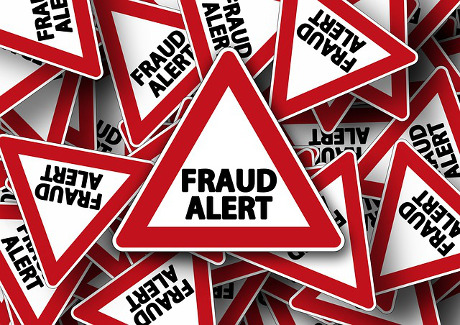Debt Collector Suing you?
Nobody ever wants to be wrapped up in any type of a lawsuit, however if a past debt of yours has been sent to collections, then the possibility of being sued is there. That’s right, typically when an account goes to collections, the debt collector will take one of two routes based on the research he/she does on you. These are to either:
- Regularly contact you as a means of getting you to settle the debt.
- Take you to court.
Usually, the latter decision is made when the collector thinks they can get more money out of you that way. However, usually when a debt collector takes a consumer to court, they’ve very confident that they’ll be on the favorable side of the outcome. That’s because suing a consumer isn’t cheap – there are attorney fees and filing fees involved, which certainly can add up. In other words, taking a consumer to court isn’t a slam-dunk move that’s made – it has to make sense. first
So let’s say a debt collector thinks suing you makes sense in your case. Would you know what to do? Here’s a closer look:
A Debt Collector is Suing Me: What Now?
You just got the notice in the mail that you’re being sued for a delinquent debt. Here’s what you need to do:
- Don’t ignore it: Ignoring the notice will only make things worse. Contrary to what many people believe, ignoring the lawsuit won’t make it stop or go away. So when the notice comes, be sure to sign it to make it known that you received it. If you ignore the lawsuit, the likely outcome is that the court will order a judgment for the debt that you owe – plus you may be required to pay any attorney fees the collector accrued. This is often completed through garnishing your wages, placing liens on any property you own or freezing your bank account until the debt is settled. We’ll say it again because we can’t downplay its importance – don’t ignore the lawsuit!
- Lawyer up: After acknowledging the lawsuit, you need to seek legal representation. We strongly advise speaking with an attorney that specializes in the Fair Debt Practices Act so that you can get a complete and thorough understanding when it comes to your rights. It’s also worth noting that in most debt collection lawsuits, an agreement is reached outside of the courtroom that is satisfactory to both parties. But without a qualified lawyer, you’re likely headed for defeat.
Of course, we’d be remiss to mention that the best way to avoid this type of lawsuit is to stay on top of your finances, pay bills on time and don’t let your borrowing get out of hand. For those that are sued though, know that you can often reach an amicable agreement with the collector if you have the right representation.

